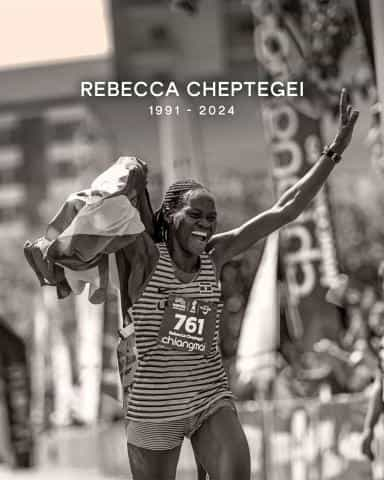

British long-distance runner Ben Connor has turned down his selection for Team GB after learning he would have to cover his own costs to compete. The revelation sheds light on UK Athletics’ controversial pay-to-compete policy, which, while not new, has once again ignited debate about its impact on the sport’s future.
Connor, an Olympian and one of Britain’s top endurance athletes, was selected for the upcoming European Championships but opted out when informed he needed to self-fund his participation. The policy, which has been in place for years, shifts the financial burden onto athletes unless full funding is secured through sponsorships or governing body support.
Critics argue that such a system discourages talented athletes from competing at the highest level, especially those without personal financial backing. Many believe it limits opportunities and puts Britain at a disadvantage against nations that fully fund their athletes.
Supporters of UK Athletics’ stance argue that budget constraints make it necessary to prioritize funding for only select athletes. However, as cases like Connor’s emerge, the question remains: how many promising competitors are being priced out of representing their country?
With mounting concerns over accessibility and fairness in elite athletics, UK Athletics faces increasing pressure to reconsider its policies—before the sport itself suffers.
Discover More Content





